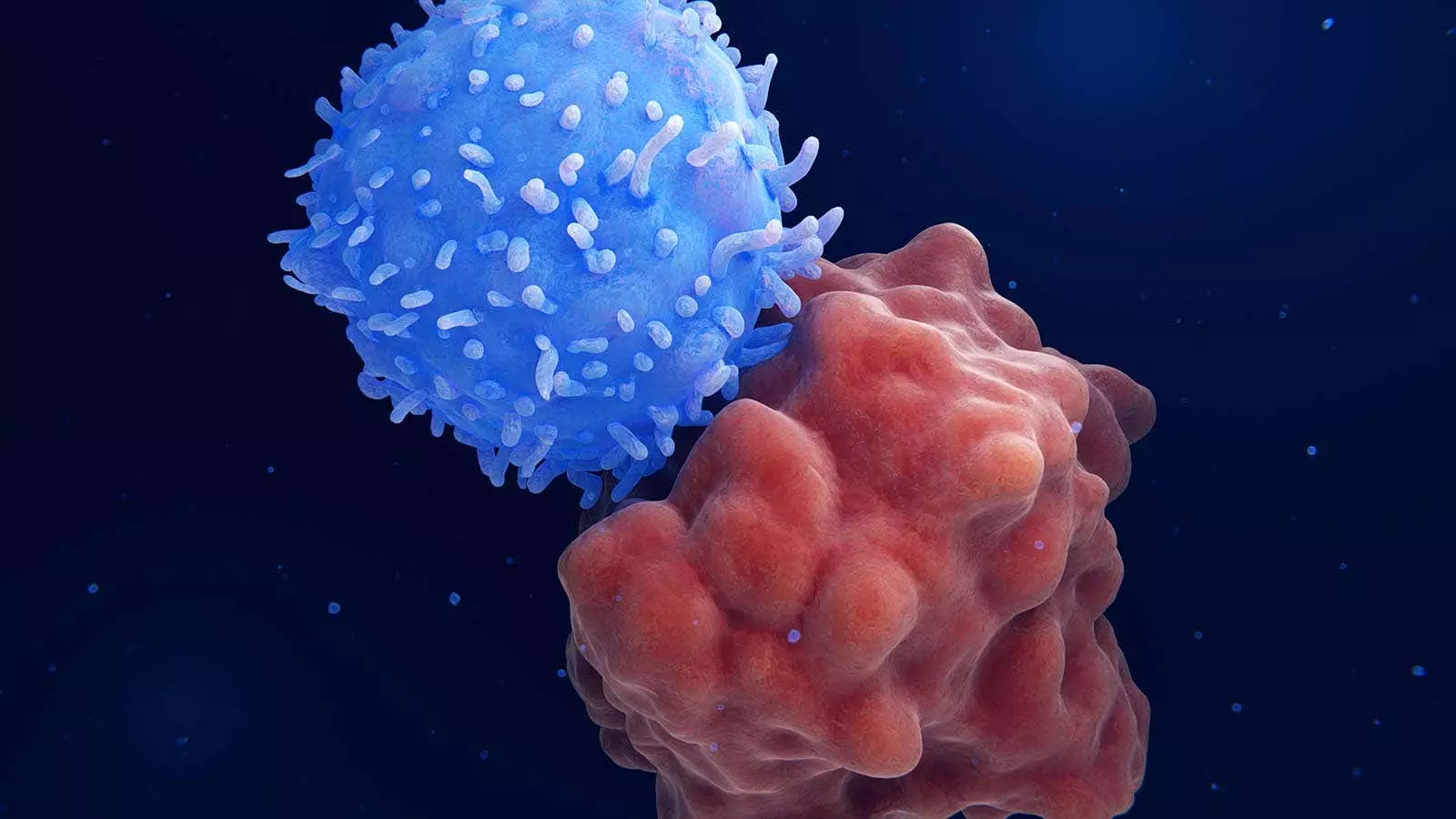A recent study conducted by Chinese researchers has demonstrated a groundbreaking strategy for the treatment of relapsed or refractory hematologic cancers. The approach involves the use of sequential CD7 chimeric antigen receptor (CAR) T-cell therapy followed by haploidentical hematopoietic stem-cell transplantation (HSCT), without the need for graft-versus-host disease (GVHD) prophylaxis. This novel treatment regimen has shown promising results in a small case series of patients who were ineligible for conventional allogeneic HSCT.
The study reported complete remission in all 10 patients who underwent CAR T-cell therapy, with nine of them achieving minimal residual disease (MRD)-negative incomplete hematologic recovery. Subsequently, nine of the patients underwent haploidentical HSCT within 1 month, resulting in six patients remaining in MRD-negative complete remission. The estimated 1-year overall survival rate was 68% with a disease-free survival rate of 54%. The authors highlighted the success of allogeneic CD7 CAR T-cell therapy in creating a specific environment conducive to successful HSPC engraftment and GVHD control while maintaining the persistence of CAR T cells.
The innovative approach described in the study has opened up new avenues for the treatment of hematologic cancers, particularly in patients who are unfit for traditional allogeneic HSCT. The potential use of this all-in-one strategy in patients with newly diagnosed CD7-positive acute myeloid leukemia (AML) who are unable to undergo intensive induction therapy holds promise for improving outcomes in a population with a poor prognosis. Additionally, the possibility of developing dual CAR T-cell constructs targeting both CD7 and other antigens for CD7-negative leukemia presents an exciting opportunity for advancing treatment paradigms in this challenging disease.
Patient Characteristics and Adverse Events
The patients enrolled in this study had relapsed or refractory CD7-positive leukemia or lymphoma and had previously undergone multiple lines of therapy. The majority of patients had AML, with some presenting with extramedullary disease. Following treatment with CAR T-cell therapy and haploidentical HSCT, adverse events such as cytokine release syndrome (CRS) and graft-versus-host disease (GVHD) were managed effectively, although two patients succumbed to septic shock related to infections.
The combination of sequential CD7 CAR T-cell therapy and haploidentical HSCT represents a promising approach for patients with relapsed or refractory hematologic cancers who are not candidates for conventional allogeneic HSCT. The success of this strategy in achieving complete remission and long-term disease control highlights its potential as a future treatment option for patients with high-risk hematologic malignancies. Further research is warranted to validate these findings and explore the broader applicability of this innovative treatment approach.


Leave a Reply